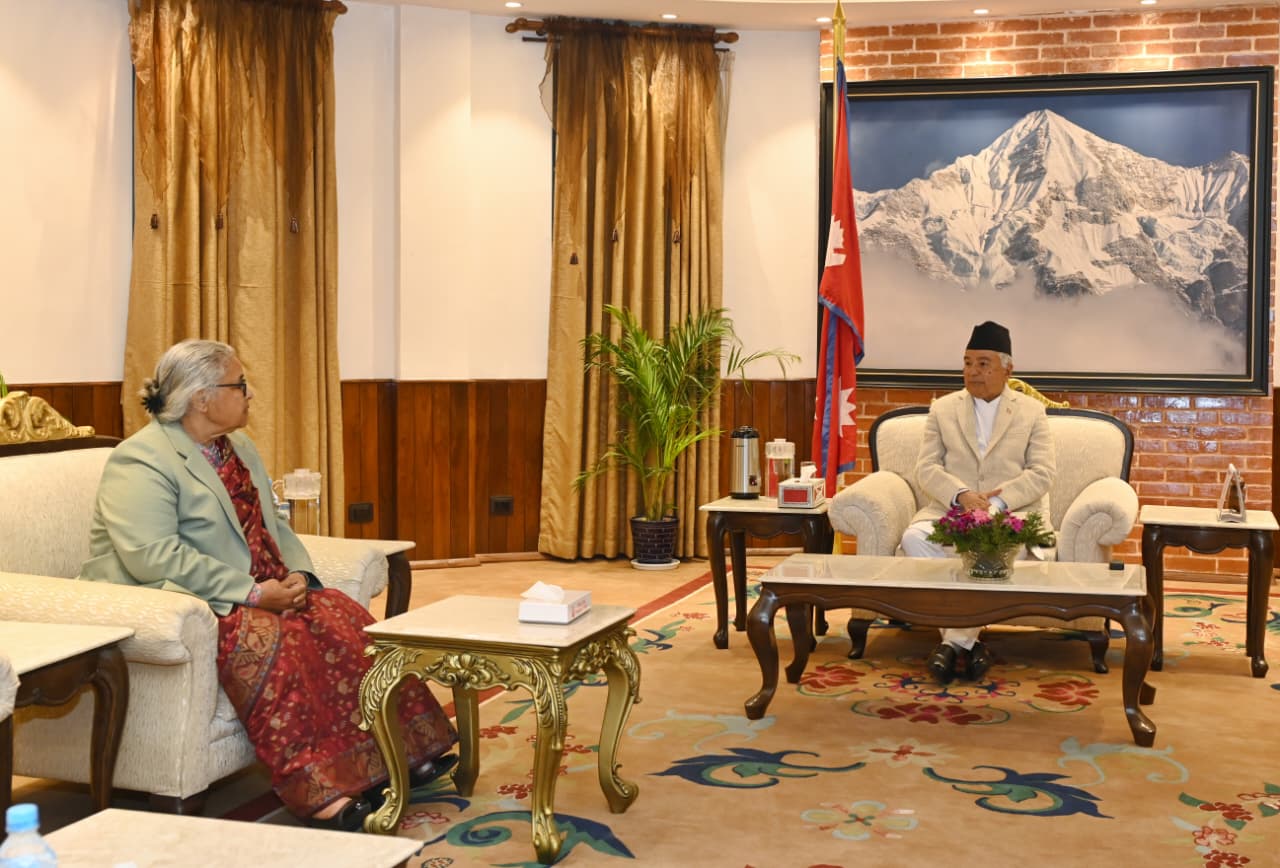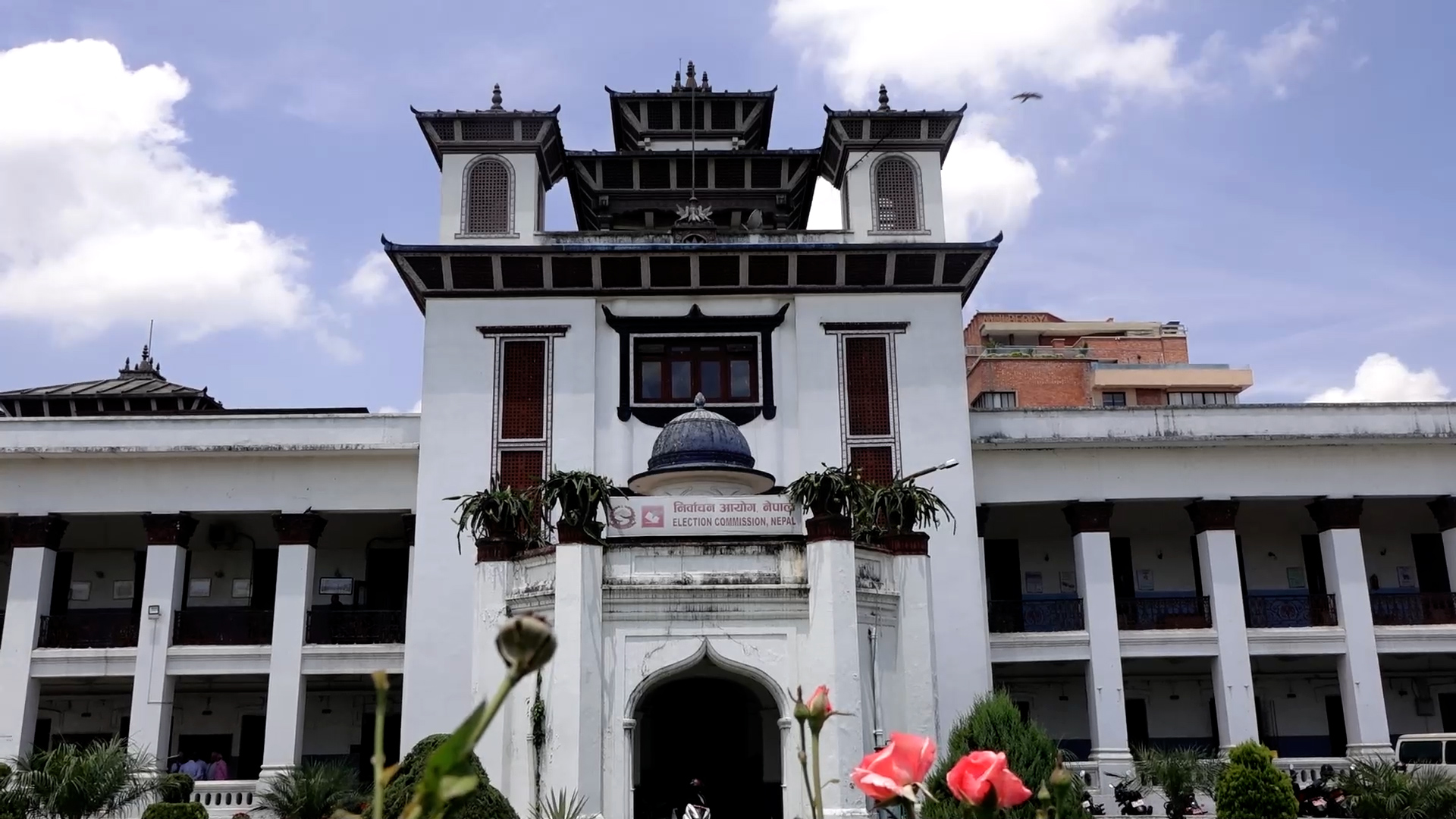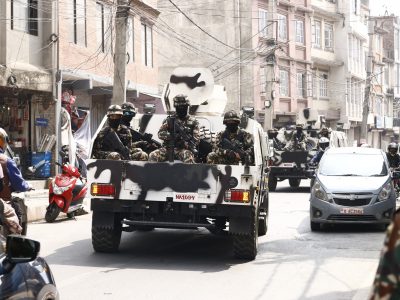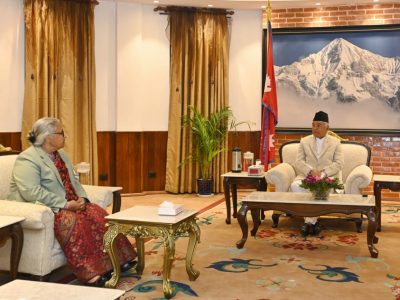Pakistan’s Council of Islamic Ideology approves construction of a Hindu Temple
The construction was previously put on hold after warnings from certain Muslim groups that categorized it as an act of blasphemy.

Kathmandu. The Council of Islamic Ideology, a constitutional body of Pakistan that is made up of clerics, has approved the construction of a Hindu temple in the capital, Islamabad. The council, that advises the legislature on the nation’s religious matters has, however, noted that they do not completely support the use of public funds in the endeavor.
When the Prime Minister of Pakistan, Imran Khan won the general elections in Pakistan, he did so with promises of a “Naya Pakistan” (New Pakistan), where he assured that the interests of the religious minorities would be protected within the country’s territory. Since then his policies have yet to bear any concrete results for the purpose.
He was heavily criticized by the Indian counsellor, Paulomi Tripathi, when she spoke at the UN’s High-Level Forum on Culture and Peace on September. She had claimed that blasphemy laws were utilized against the ethnic and religious minorities in Pakistan. “In Pakistan, women and girls remain particularly vulnerable as they are abducted, raped, forcefully converted and married to their violators. The pandemic has aggravated the situation,” she further argued.
The construction of this temple as per a report published by Al Jazeera, was previously stopped by the Prime Minister, due to threats from “hardline Muslims”, who considered it to be an act of blasphemy. In the present time, there are no operational temples in Islamabad that can be a point of worship for the Hindu minority in the area, who account for more than three thousand of the region’s populace. Khan had previously pledged around $600,000 for the construction and had approached the council for guidance on the matter.
The Council of Islamic Ideology has stated that as per the Islamic law, the religious minorities are allowed a place of worship, and has also advised the government on two solutions regarding the funding for the construction. As per the suggestion, the current administration could amend the existing Act of the Evacuee Trust Property Board to allow for the utilization of public funds for religious activities, or create a “block fund” for the project and give the amount to the minority group in consideration.
Lal Malhi, who is a leading Hindu lawmaker from the ruling Tehreek-e-Insaf (PTI) party, agreed with the decision and claimed that it fell in line with the state’s Constitution. He tweeted his response, appreciating and commending the Council’s decision, noting that “It said there is not tradition to allocate funds for places of worship built privately. Therefore funds can not be allocated by the government for construction of new temple. Thus it said that “private places of worship ” can not be allocated funds.”
Pakistan is home to several religious minorities and Hindus occupy a significant percentage within those very groups. Amnesty International, produced a report on July, 2020, where it had urged Pakistan’s government to safeguard the interests and physical-wellbeing of the Hindus in the state, mentioning that the protection of the freedom of religion for Hindus was a promise extended by Muhammad Ali Jinnah when Pakistan was being formed.
Omar Waraich, Head of South Asia at Amnesty International, had commented that “Prime Minister Imran Khan must lend his commitments some weight to ensure religious freedom for all and to ensure that Pakistan’s Hindus and other religious minorities are able to practise their faith freely and without fear.”
Pakistan has constantly found itself being scrutinized for its policies on the treatment of the religious minorities. The blasphemy laws have been a point of concern for many human rights defenders who have observed the consequences of its implementation. The decision for the construction of the temple may be a welcoming news for the Hindus in the nation, however, there needs to be a definite plan in place for the advancement of minority rights in the state.
Facebook Comment
latest Video
Trending News
- This Week
- This Month














